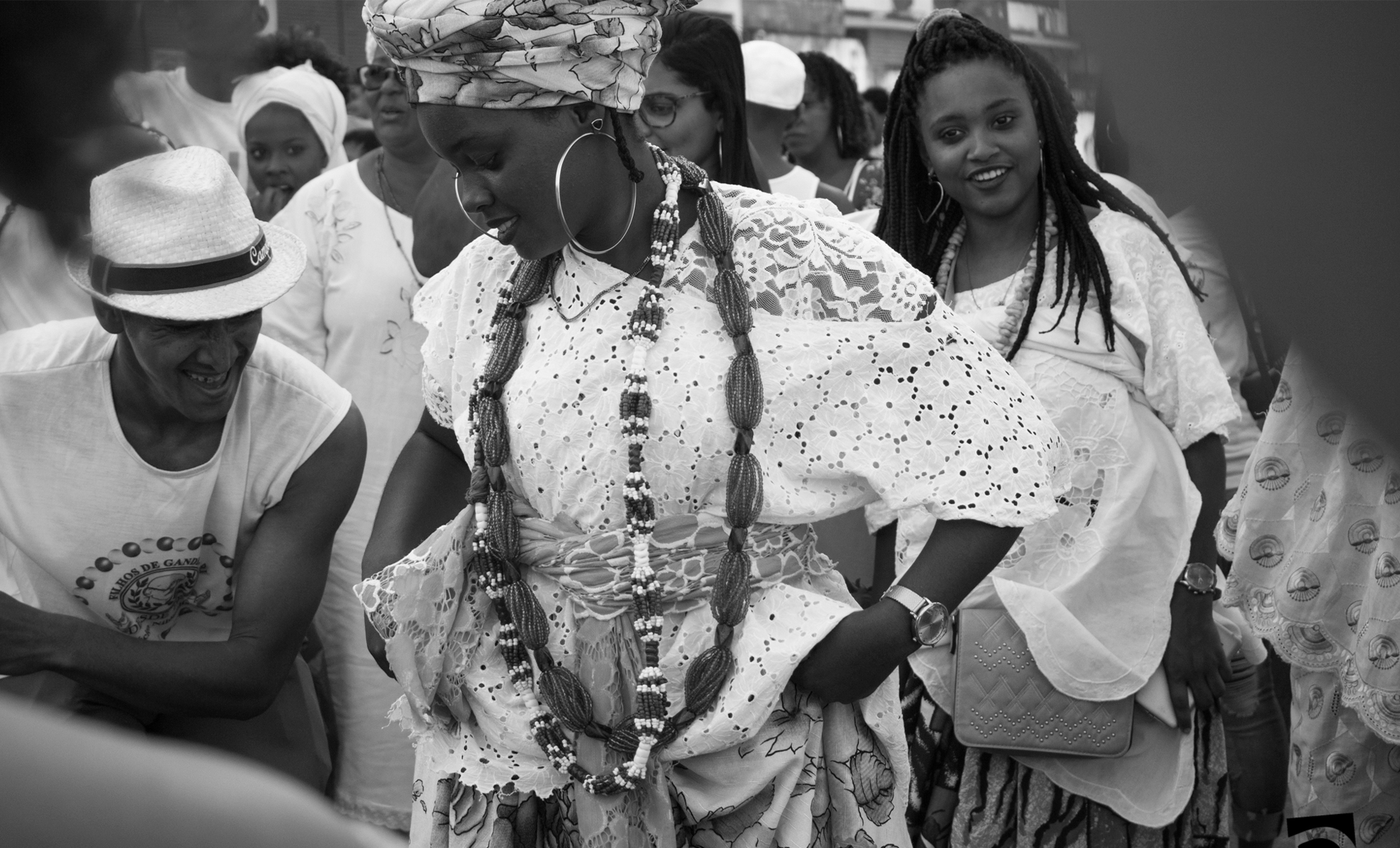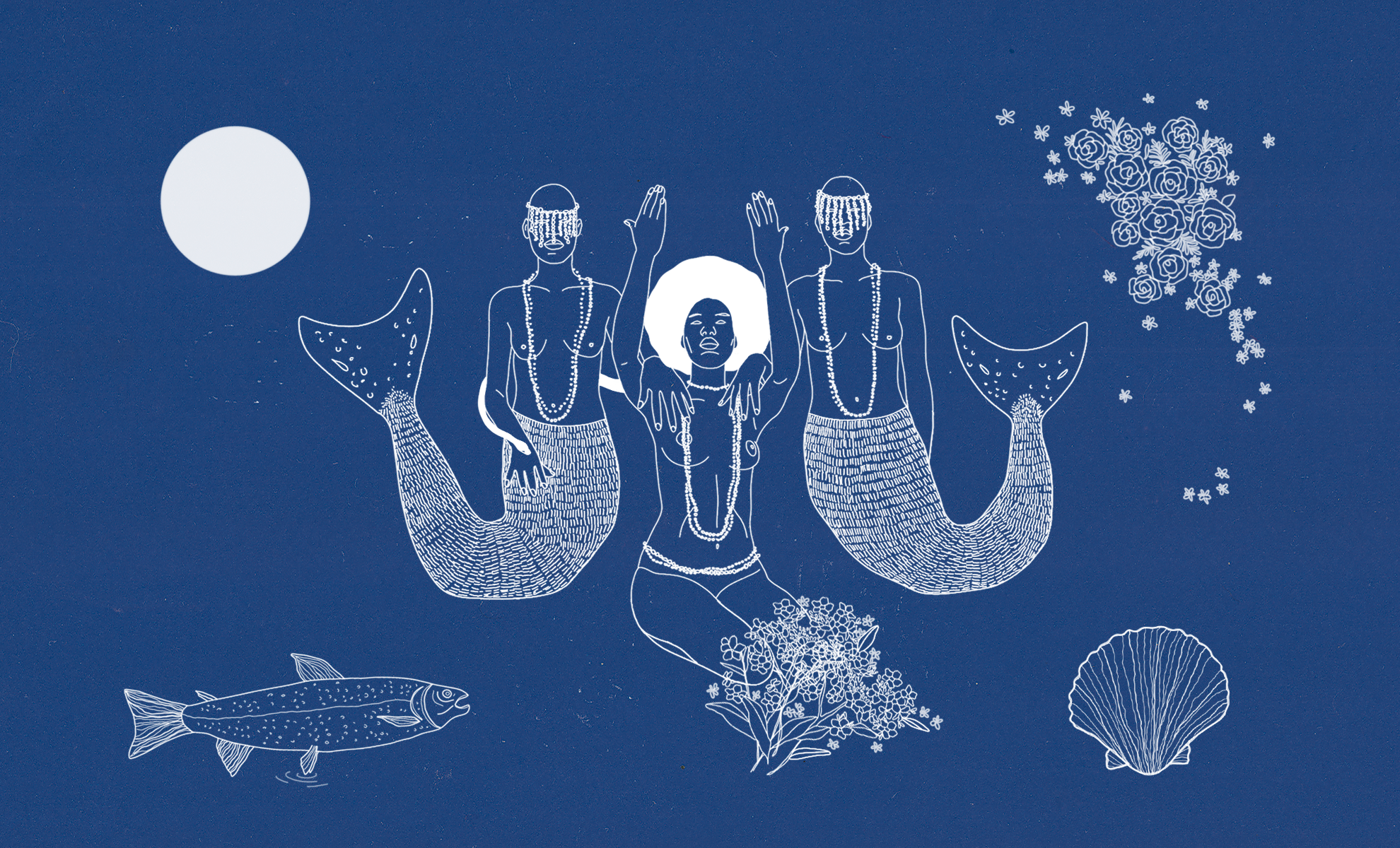




The Ibirapitanga Institute talks to Daniel Teixeira, executive director of the Center for the Study of Labor Relations and Inequality (CEERT), about affirmative action in companies and organizations
“For 30 years I’ve been speaking about the Sacred. For 30 years I’ve been speaking about our things that are in the hands of the police. Words from my grandmother. It’s from those words that we’ve come this far”. In an emotional statement, Yá Meninazinha de Oxum, the first Iyalorixá of Ilê Omolu Oxum, referred to the moment the Our Sacred Collection arrived at the Museum of the Republic in Rio de Janeiro, on September 21st, 2020.
The occasion marked a victorious milestone for Black and Afro-Brazilian religious movements. It speaks to a history of rights violations, but also of memory, ancestry, resistance, and faith.
The story begins between 1891 and 1946, when more than 500 objects from Afro-Brazilian religions — specifically Candomblé and Umbanda — were seized by the police in the state of Rio de Janeiro. These violations occurred despite the fact that, since the 1891 Constitution, Brazil had already established a secular State and guaranteed freedom of belief and worship. In 1938, part of the seized objects were designated as heritage by the SPHAN (Service for the National Historical and Artistic Heritage) in a document titled Black Magic Museum Collection — a name rooted in a racist logic that perpetuates religious intolerance.
The objects were later transferred to the Civil Police Museum of Rio de Janeiro, where they were exhibited as materials confiscated by police forces, a display that deeply distorted their original meaning. In 1999, when the museum was relocated to a new building in downtown Rio, all of the objects were packed into boxes, severely restricting or completely denying access to researchers and Afro-Brazilian religious communities.
Decades of struggle followed, with community movements demanding the relocation of the objects to a more appropriate space. In 2017, under the leadership of Yá Meninazinha de Oxum, the campaign Free Our Sacred (Liberte Nosso Sagrado, in Brazilian Portuguese) was officially launched to advocate for this cause. It brought together Black movements, religious leaders, artists, and researchers. Several gatherings were held to mobilize the Public Prosecutor’s Office, organize public hearings at the Rio de Janeiro State Legislative Assembly (ALERJ), and conduct inspections at the Civil Police Museum.
Only in 2020 did the long journey toward liberating the sacred items reach a new turning point, with an agreement to transfer the collection to the Museum of the Republic. The agreement involved the State Secretariat of Civil Police, the Civil Police Museum, the Brazilian Institute of Museums (IBRAM), leaders of Afro-Brazilian religions, and other key actors engaged in the Free Our Sacred campaign. On August 7th, 2020, a transfer agreement for the sacred objects was signed. On September 21st of the same year, the collection was moved to the Museum of the Republic, in a symbolic ceremony attended by representatives of Afro-Brazilian religious communities.
At the community’s request, the collection — which currently comprises 523 objects — was renamed the Our Sacred Collection. Its transfer to the Museum of the Republic was supported by Instituto Ibirapitanga through a project of the same name, in partnership with Quiprocó Filmes, another key player in the Free Our Sacred campaign, responsible for managing and mediating the donation. The goal of the project is to ensure proper preservation, visibility, and public access to the Our Sacred Collection through conservation efforts, the creation of research tools, communication platforms, and its exhibition.
A series of meetings with Afro-Brazilian religious leaders preceded and legitimized the incorporation of the Our Collection into the Museum of the Republic, which will now share its management with these representatives. The museum was chosen as the new home for the collection due to its social role, experience, and commitment to justice and reparations.
This initiative seeks to affirm the symbolic power of Afro-Brazilian spirituality as a central element of national culture. The very history that led to this achievement — shaped by generations of religious leaders — speaks to that affirmation.
“It was ancestral. It was my mother who was signing. We were physically there, but I believe she was present as an ancestor, holding my hand and witnessing such a meaningful result for all of us. (…) It’s the commitment I have to all these matriarchs, who are not only of African matrixes, but of African motors”. So recalled Babá Adailton Moreira de Ogum, Babalorixá of Ilê Axé Omiojuaro, as he reflected on the signing of two key documents by himself and other Afro-Brazilian religious leaders. One document requested the renaming of the collection; the other demanded actions to ensure the permanent transfer of the collection to the Museum of the Republic.
The establishment of the Our Sacred Collection is a strategic act of memory. It asserts that African heritage must be respected, known, valued, and accessible to future generations.
As part of its participation in the Free Our Sacred campaign, Quiprocó Filmes produced audiovisual works that tell the story of this resistance.
Released in 2017, the documentary Our Sacred (Nosso Sagrado), directed by Fernando Sousa, Gabriel Barbosa, and Jorge Santana, is available on the kweli.tv platform. It recounts the seizure of sacred objects to expose the criminalization of traditional Afro-Brazilian communities and the persecution of their religious practices. In November 2020, Quiprocó launched the video Respect Our Sacred (Respeita Nosso Sagrado), narrating the transfer process of the Our Sacred Collection. That same week, the organization hosted a livestream titled The Journey of the Free Our Sacred Campaign, featuring Yá Meninazinha de Oxum, Babá Adailton Moreira de Ogum, Jorge Santana (from the Free Our Sacred campaign), and Fernando Sousa, executive director of Quiprocó Filmes.
The Ibirapitanga Institute talks to Daniel Teixeira, executive director of the Center for the Study of Labor Relations and Inequality (CEERT), about affirmative action in companies and organizations















